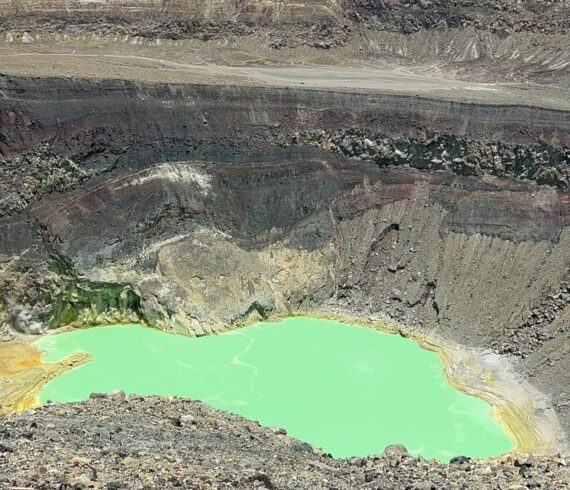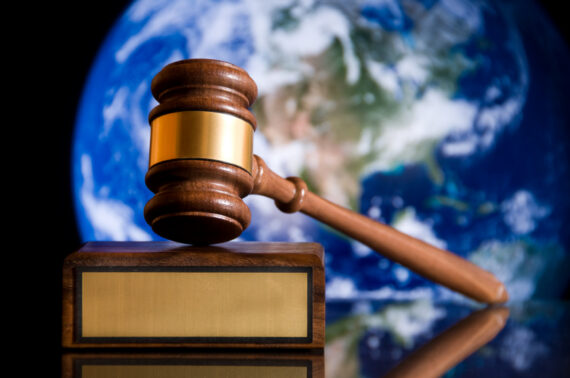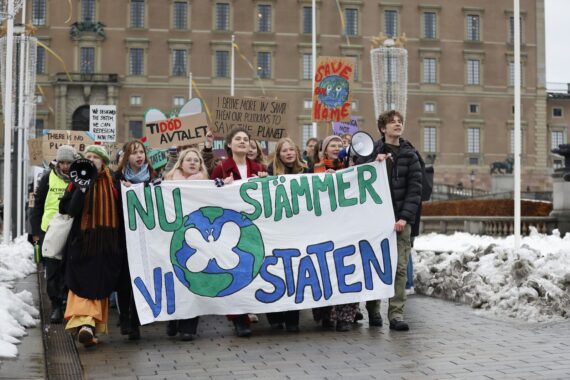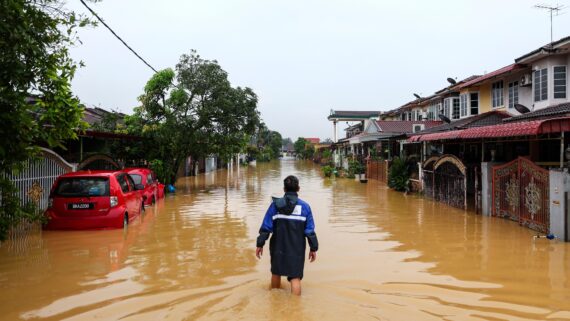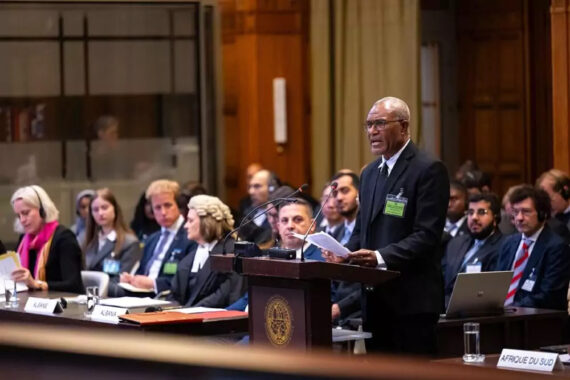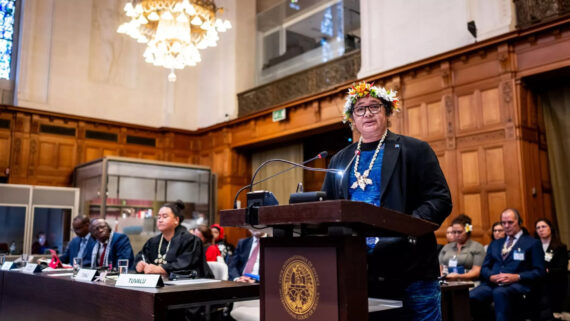Lithium has become a cornerstone of the global energy transition, powering technologies central to decarbonization efforts, such as electric vehicle batteries and large-scale renewable energy storage. As demand for this critical mineral accelerates, mining activity has intensified across the so-called “lithium triangle” – Argentina, Bolivia, and Chile – a region […]
Climate Litigation
This post is part of a new Climate Law Blog series, 100 Days of Trump 2.0, in which the Sabin Center offers reflections on the first 100 days of President Trump’s second term across a variety of climate-related topics. To read other posts from the series, which will roll out over […]
On February 19, 2025, the Swedish Supreme Court dismissed the Aurora case (Anton Foley and others v Sweden), the first systemic climate change case brought in Sweden. The case is among the first in which a national apex court has applied the principles developed by the European Court of Human […]
Last week, building electrification secured an important victory in the United States District Court for the Southern District of New York. In Association of Contracting Plumbers of The City of New York, Inc. et al v. City of New York, plumbing and building trade groups challenged New York City’s Local […]
Malaysia is at high risk from the effects of climate change. Flooding has become an almost-yearly natural disaster, with the frequency and severity of flood events increasing in recent decades. Research suggests that for every 1°C rise in temperature, rice yields decline between 4.6 and 6.1%, with net revenue falling […]
This blog post is Part 3 of a three-part series highlighting the main legal arguments presented during the hearings of the International Court of Justice (ICJ) on the request for an advisory opinion regarding the obligations of States with respect to climate change. Part 1 focused on discussions on applicable […]
This blog post is Part 2 of a three-part series highlighting the main legal arguments presented during the hearings of the International Court of Justice (ICJ) on the advisory opinion request related to States’ obligations regarding climate change. Part 1 focused on discussions regarding applicable law, and the no-harm rule. […]
On March 29, 2023, the United Nations General Assembly (UNGA) adopted a resolution requesting an advisory opinion from the International Court of Justice (ICJ) on States’ obligations regarding climate change. This request was widely seen as an opportunity for the Court to clarify States’ legal obligations, advance climate justice, and […]

